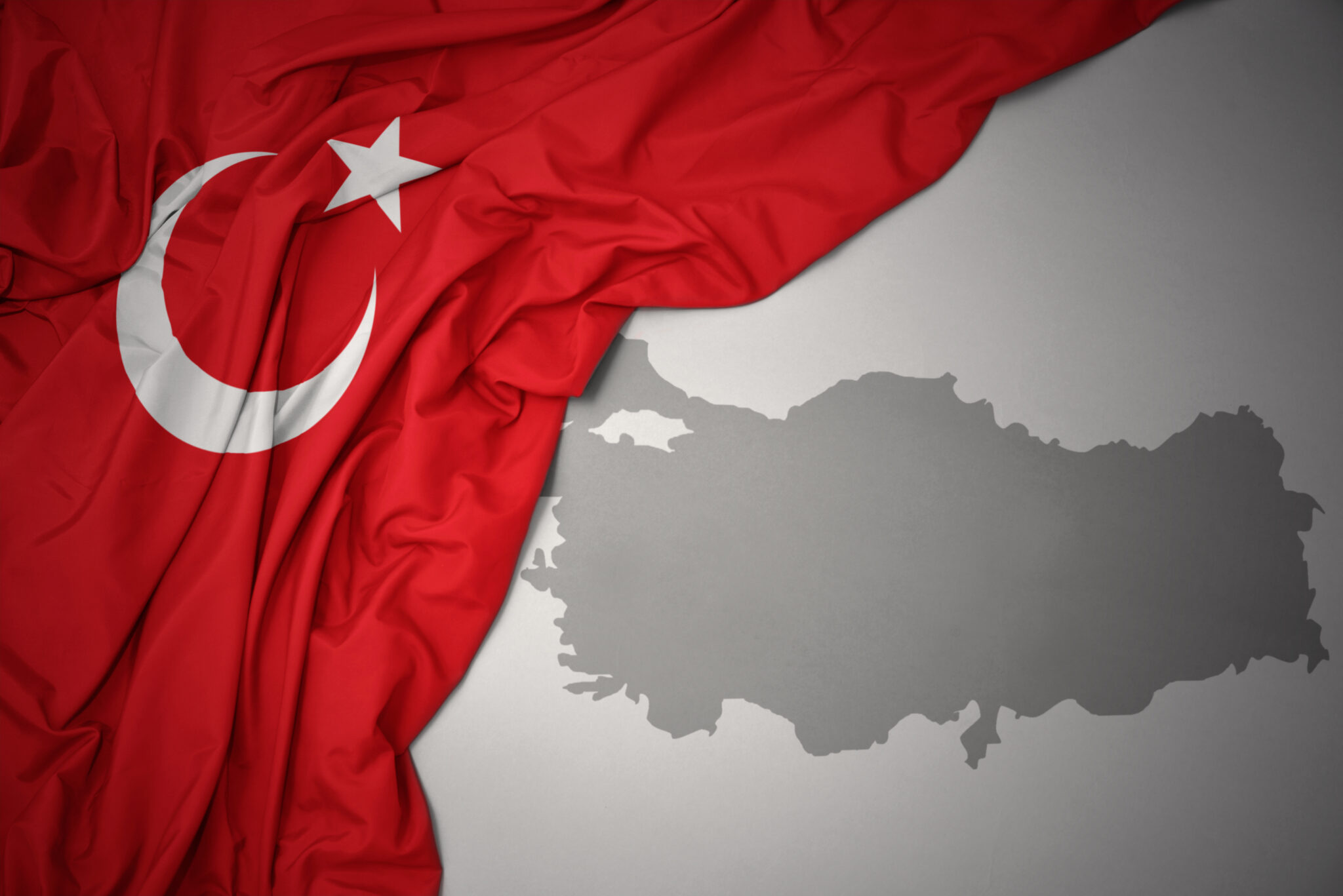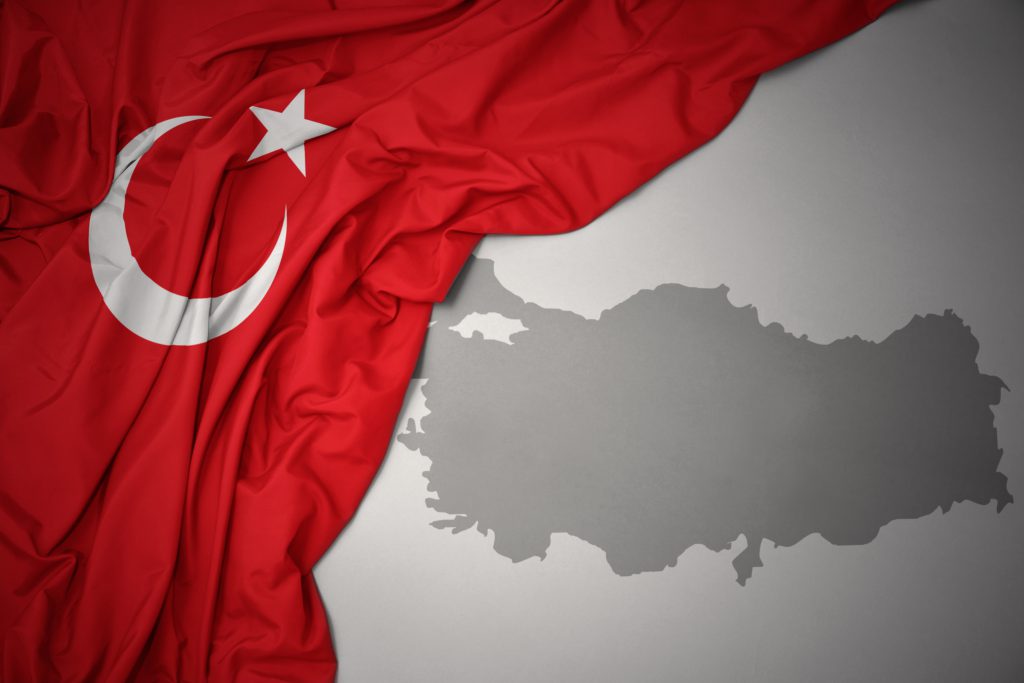
Turkey has outperformed Iran in exporting flour
In a recent statement, Turkey reported that between 2002 and 2019, the country exported wheat derivatives such as flour, pasta, and biscuits worth $ 29.9 billion.
Turkey has earned about $ 12.5 billion in wheat trade over the past 17 years, which is a significant figure.
In the world market, Turkey and Iran are strong rivals. It has outperformed Iran in flour export.
With international sanctions overshadowing Iran, it is impossible for Iranian mills, over the past two years, to have a high potential for international shine in its global markets.
Last year, harsh conditions of the sanctions had increased. Exchange rate fluctuations complex administrative bureaucracies and, above all, volatile laws followed it. They have virtually halted Iranian flour exports, and Iran’s presence in world markets has declined sharply.
Iran’s subsidized wheat industry is causing problems in flour exports
Experts say that for the past two years, the export of wheat flour from Iran has been unstable. This is due to high turnover and problems with foreign wheat imports. At that time, Iran was able to absorb 15% of Iraq’s flour market within a year and a half. Unfortunately, the government faced with limited wheat resources, and the export supply of wheat stopped.
One of the reasons for Iran’s lack of progress in flour exports is that the industry is subsidized, according to the experts. In the Turkish flour industry, subsidies and government bureaucracies do not make sense, which is why the country has increased in its exports.
Experts think that the biggest problem for Iran in exporting flour is supplying raw materials or wheat. If the government goes along with the exporters, the export market will undoubtedly accelerate.
Referring to the impact of the sanctions on Iran‘s flour export downturn, said that the sanctions had been neither a motivating factor nor an obstacle to the export boom.
Others think that economic variables in the country remain stable, and exporters can make investments without any concern. However, due to the volatile and unstable conditions of Iran, traders do not trust Iranian exporters. The millers are no longer willing to risk export markets because of the instability of the laws. Iran’s flour exports will never prosper if the Iranian exporters fail to plan long-term. Or at least medium-term exports without worrying about the laws of the country.
Success in flour exports requires consistency in the rules. Fluctuations and instability are making the biggest troubles that hinder the country’s flour export industry.



